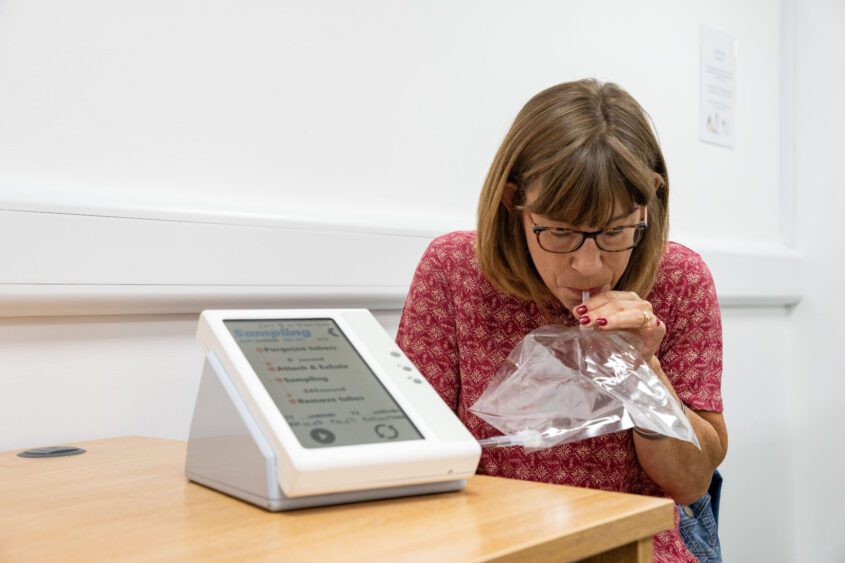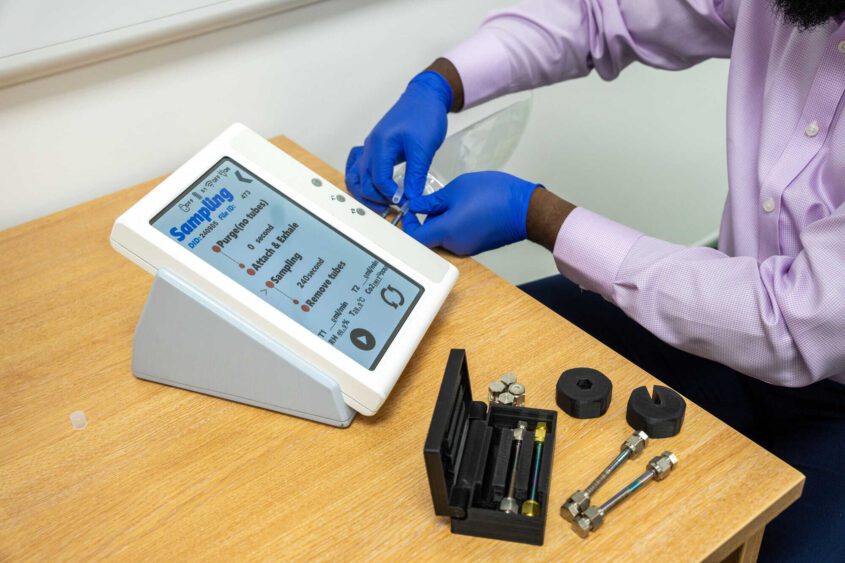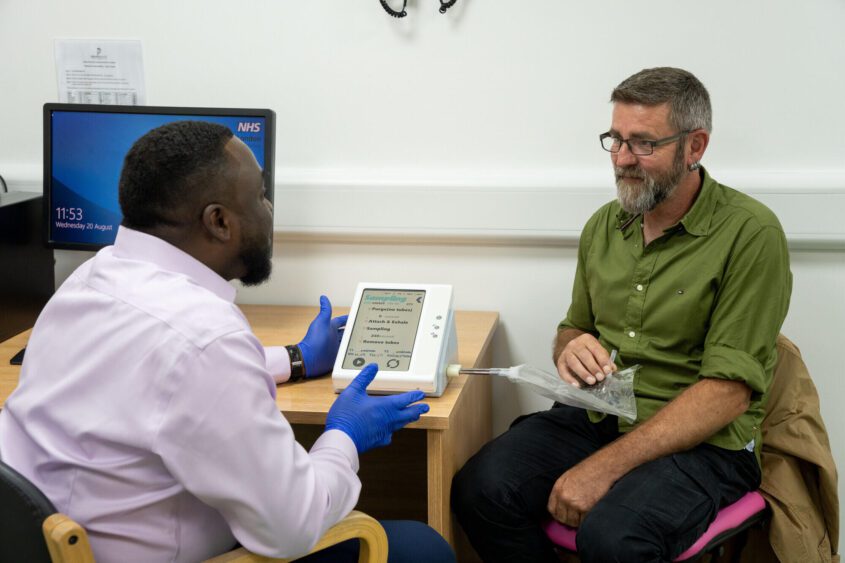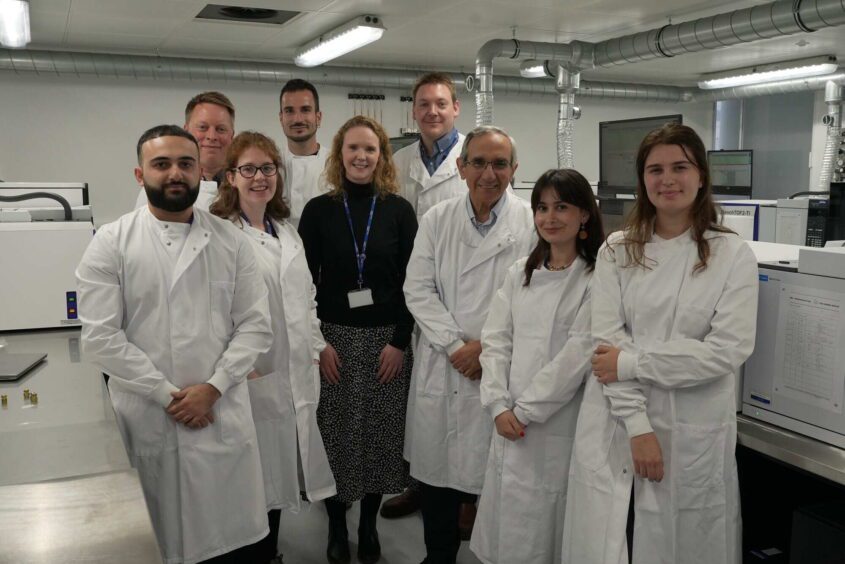Researcher: Professor George Hanna
Location: Imperial College London
Date: August 2025
Project status: Ongoing
Developing a breath test for pancreatic cancer
Developing a breath test that could be used in the GP surgery to improve the early detection of pancreatic cancer.
The challenge
Early detection saves lives, and yet, currently 80% of people with pancreatic cancer are diagnosed too late for treatment that could save their life. The vague symptoms of pancreatic cancer mean that it is very difficult for GPs to identify those who need urgent referral for further investigation. We desperately need new tools to help GPs identify pancreatic cancer at an earlier stage.
We know that 91% of people with pancreatic cancer visit their GP with relevant symptoms in the two years before their diagnosis. This provides a huge window of opportunity to detect pancreatic cancer earlier, when patients are more likely to be able to have potentially life-saving treatment.
The project
Professor Hanna and his team are developing a breath test which could be used in the GP surgery to quickly and easily identify those patients with vague symptoms who are most likely to have pancreatic cancer.
The test works by identifying compounds in the blood called Volatile Organic Compounds, or VOCs. Thousands of these compounds travel around the bloodstream, are filtered out when the blood reaches the lungs and are then breathed out.
People with pancreatic cancer produce different types of VOCs and these changes are detectable in breath samples even from the early stages of disease. The breath test aims to identify these VOCs related to pancreatic cancer, so that patients who are most likely to have the disease can be urgently referred for further investigations to diagnose or rule out pancreatic cancer.
The results so far have shown that the breath test is able to accurately identify people with pancreatic cancer even from the early stages of disease. The research team are now moving this test into the next stage of development, which is confirming these results in a large UK-wide clinical trial involving over 6,000 people with an unknown diagnosis, who are being referred for further tests through the NHS Urgent Suspected Cancer Pathway.
The hope
The breath test would be used in the GP surgery or in pharmacies as an accurate, non-invasive and affordable tool to quickly identify patient with suspected pancreatic cancer who need further investigation. If this trial is successful, the research team would then be at a stage to seek regulatory approval, and they hope that the breath test could be available in GP surgeries within five years.
Professor Hanna and his team ultimately hope to develop a pan-cancer breath test, which is able to detect and distinguish between multiple different types of cancer, a development that could revolutionise cancer detection and potentially save millions of lives.
The pancreatic cancer breath test
The data so far is promising and this is really exciting. We feel that that this test can make a difference and detect pancreatic cancer earlier, which has the potential to save many lives.




